
The country recorded a trade surplus of $1.81 billion in the first half of the year, higher than the surplus of $1.60 billion recorded in the corresponding period of 2023, the Bank of Ghana has revealed.
It said the improved trade surplus resulted from a higher increase in exports relative to imports.
The BoG stated in its Monetary Policy Report for the first half of 2024 that total exports in the period under review increased by $1.09 billion (13.4 per cent) to $9.23 billion, mainly on the back of strong growth in gold and crude oil exports.
It indicated that the value of gold exports increased by 46.4 per cent to $5.04 billion, driven by both volume and price increases.
“The volume of gold exports increased by 28.9 per cent to 2.4 million ounces, driven largely by higher output from small-scale mining, while realised prices of gold increased by 13.6 per cent to $2,094.5 per fine ounce,” the report stated.
Additionally, it noted that earnings from crude oil exports reached $1.98 billion, from $1.66 billion in the same period last year.
“Receipts from cocoa exports, both beans and products, declined by 47.4 per cent, from $1.454 billion in the first half of 2023, to $760 million in the first half of 2024. The sharp drop in the value of cocoa exports reflected the challenges in the cocoa sector, including extreme weather conditions, diseases and smuggling,” the BoG added.
It also said the value of “other exports” (including non-traditional exports) went down by 8.7 per cent to $1.5 billion.
The Monetary Policy Report revealed that total imports bill rose by 13.5 per cent to $7.42 billion in the first half of the year, driven by both oil and non-oil imports, adding that Oil imports increased by 6.1 per cent to $2.30 billion, with non-oil imports increasing by 17.2 per cent to $5.12 billion.
Consequently, the BoG said current account provisionally for the first half of the year showed a surplus of $1.28 billion, representing a 48.2 per cent increase over the surplus of $863.04 million recorded during the same period in 2023, due to largely improved trade surplus, and higher remittance inflows.
“Net remittance flows for the review period increased by 33.2 per cent to $2.69 billion. Net income payment and payment for services, however, increased by 20.1 per cent and 13.6 per cent, respectively, to $1.23 billion and $1.98 billion,” the report said.
Moreover, it noted the capital and financial accounts in the capital and financial account, net outflows reduced from $1.04 billion in the first half of 2023 to $368 million in the first half of 2024.
The lower capital outflows recorded is due to higher government loan disbursements, reduced amortisations, and lower portfolio outflows. “Other capital”, including private capital, recorded a net outflow of $1.61 billion, compared to an outflow of $1.13 billion for the same time in 2023.
The Monetary Policy Report further disclosed that the current account surplus, together with the reduced capital outflows, resulted in an overall Balance of Payments (BOP) surplus of $942.3 million in the first half of 2024, compared to a deficit of $341.0 million for the same period in 2023.
On the country’s Gross International Reserves (GIR) at the end of June 2024 stood at $6.87 billion, equivalent to 3.1 months of import cover.
Meanwhile, the report indicated that GIR (excluding encumbered and petroleum assets) was $4.52 billion and that compared with a GIR stock of $5.92 billion and GIR (excluding encumbered and petroleum assets) of $3.68 billion at the end of December 2023.
BY KINGSLEY ASARE
The post Ghana’s trade surplus hits $1.81bn appeared first on Ghanaian Times.
Read Full Story
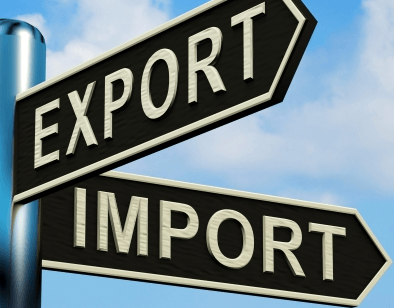
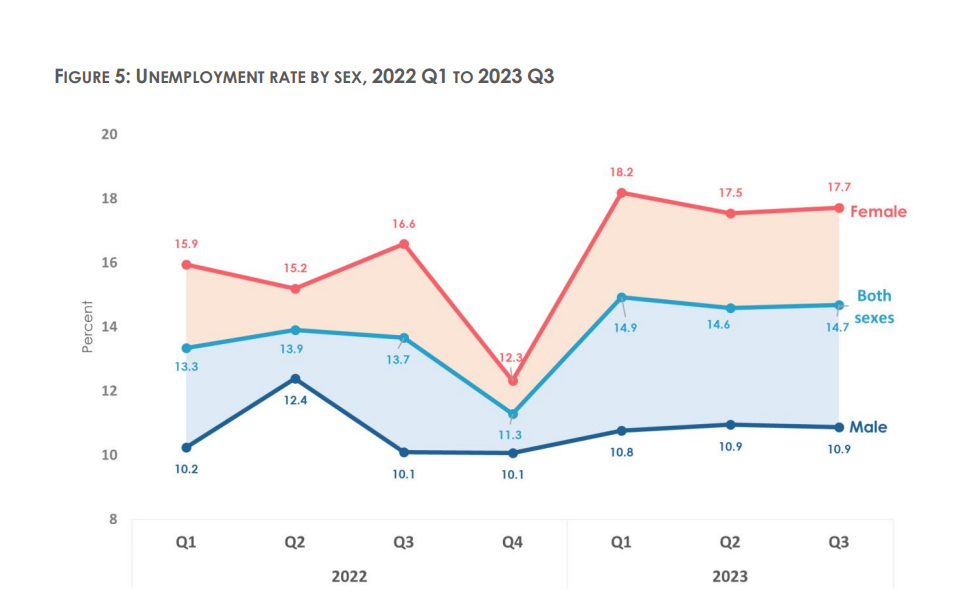
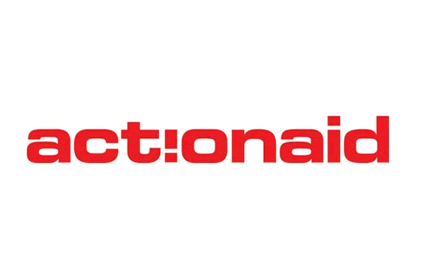



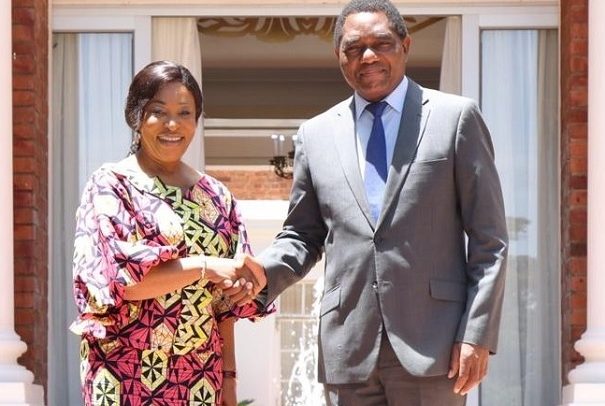
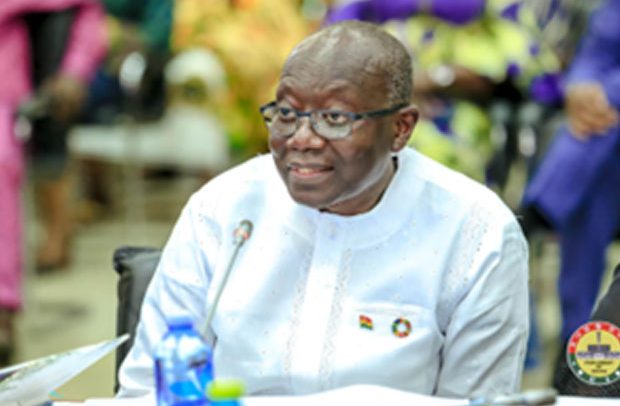








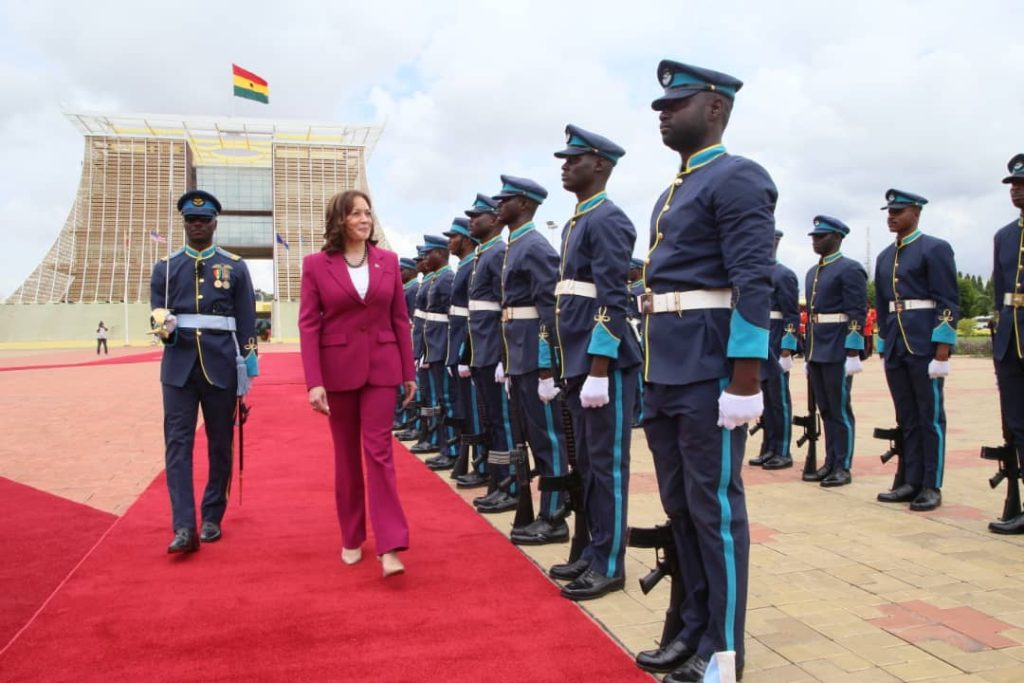

Facebook
Twitter
Pinterest
Instagram
Google+
YouTube
LinkedIn
RSS